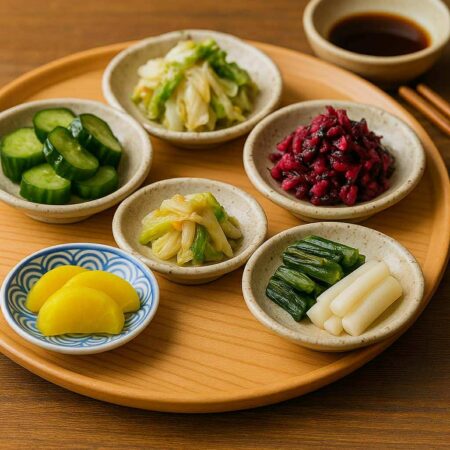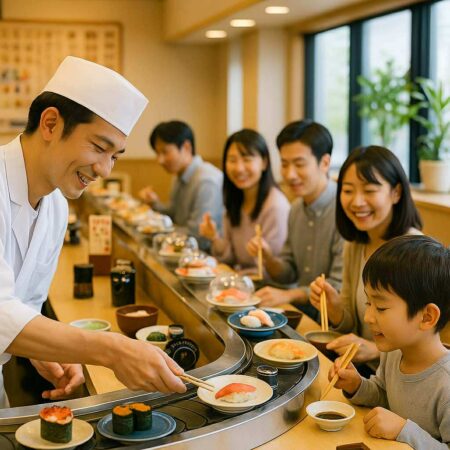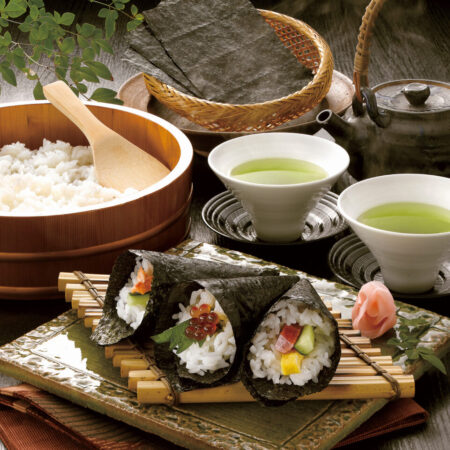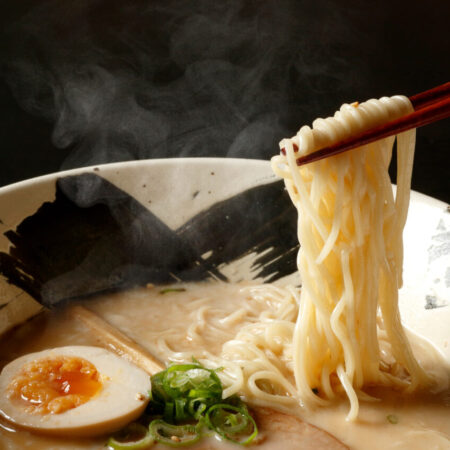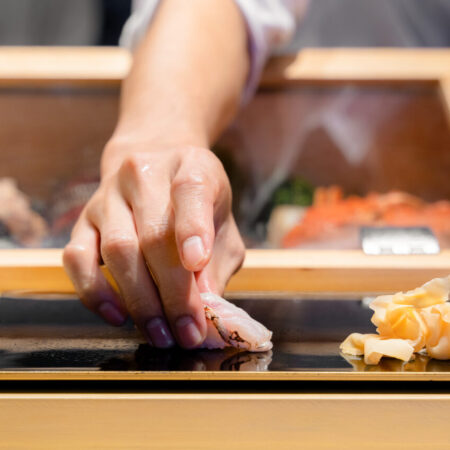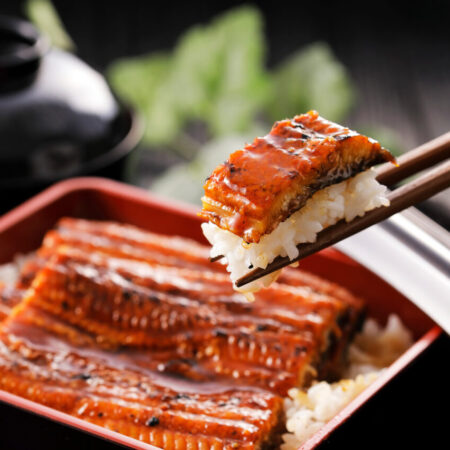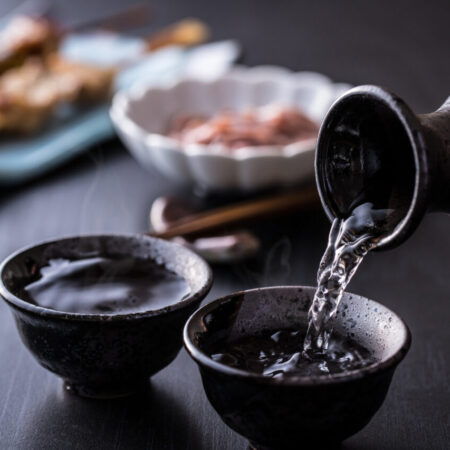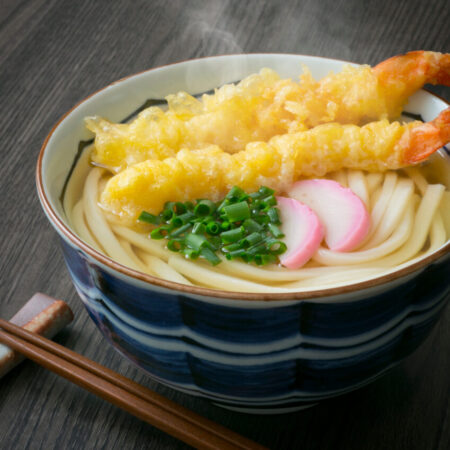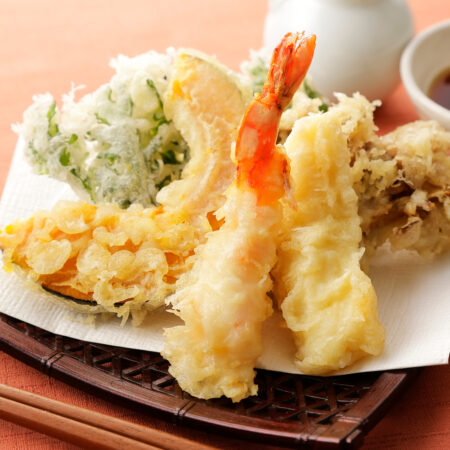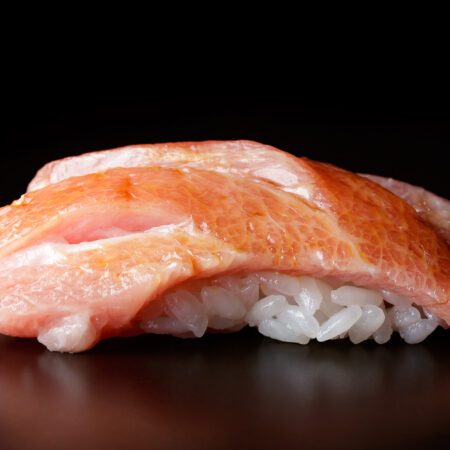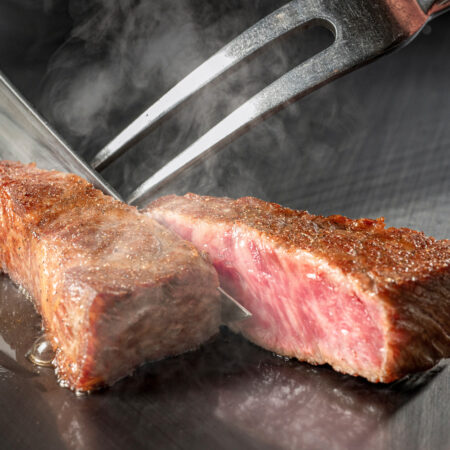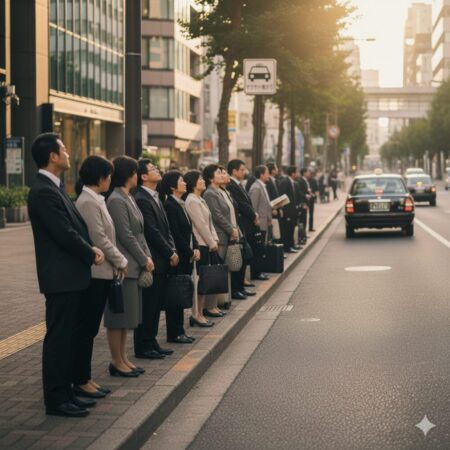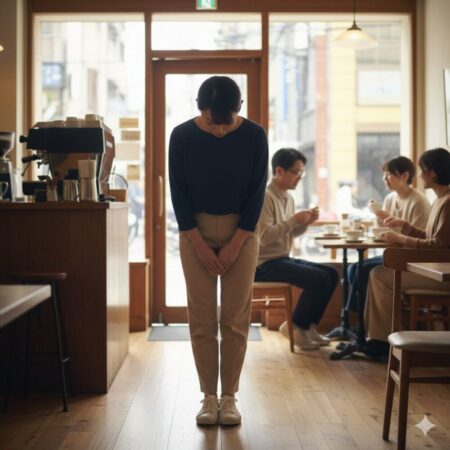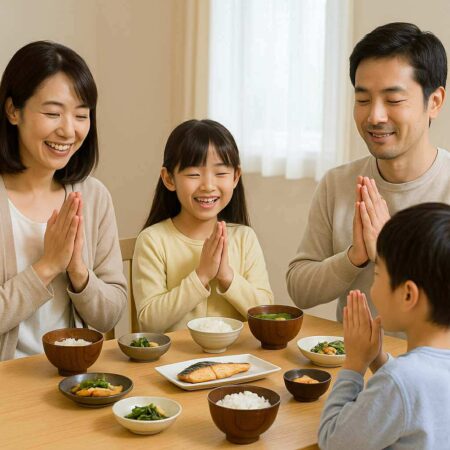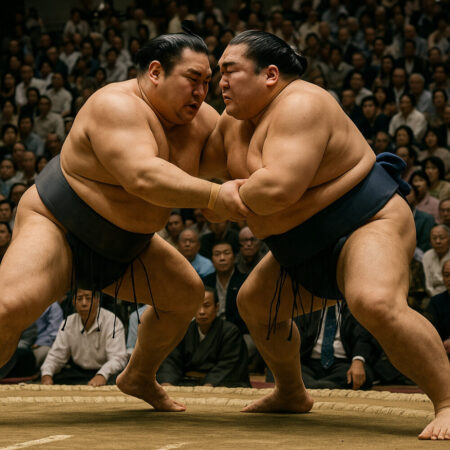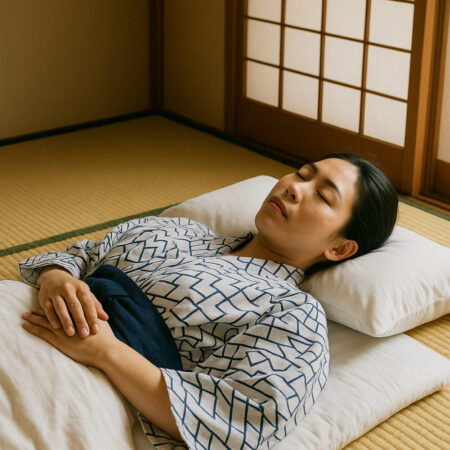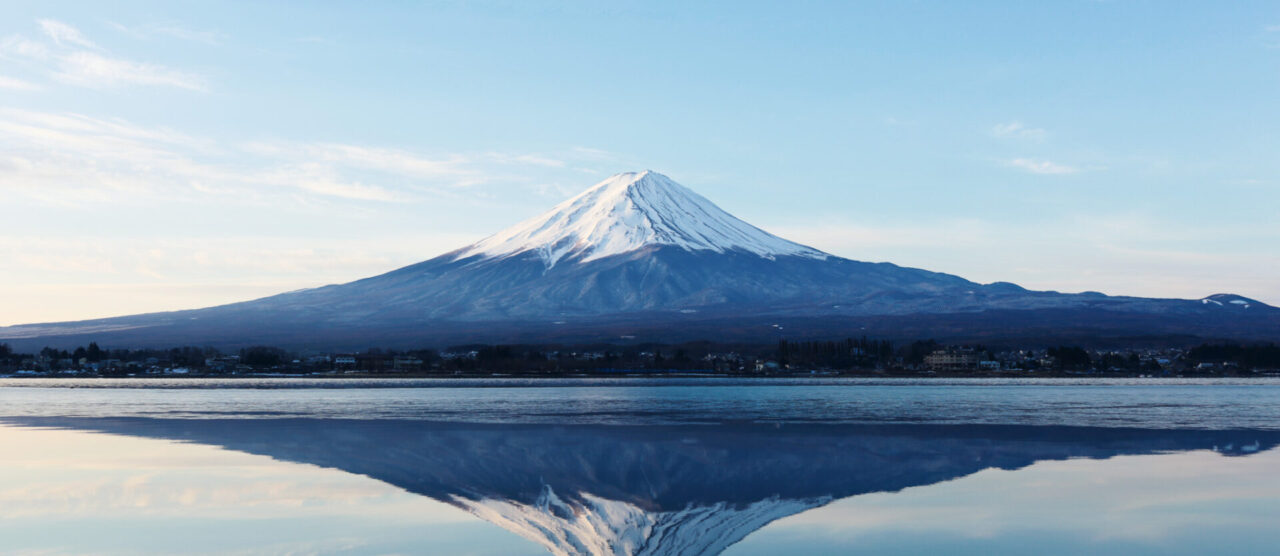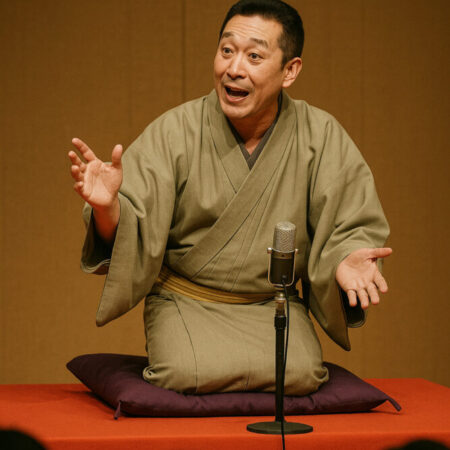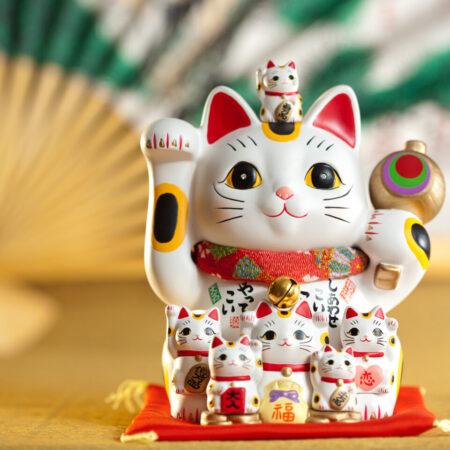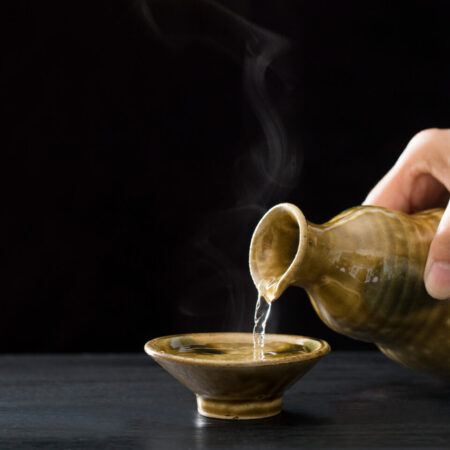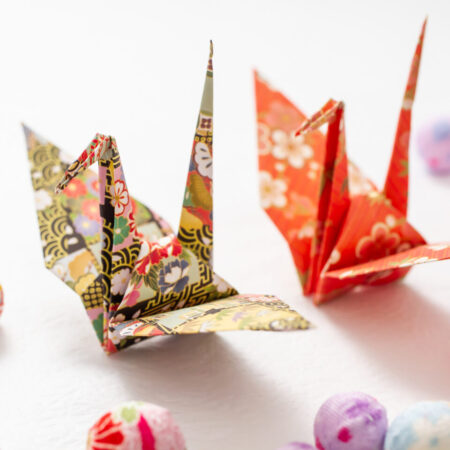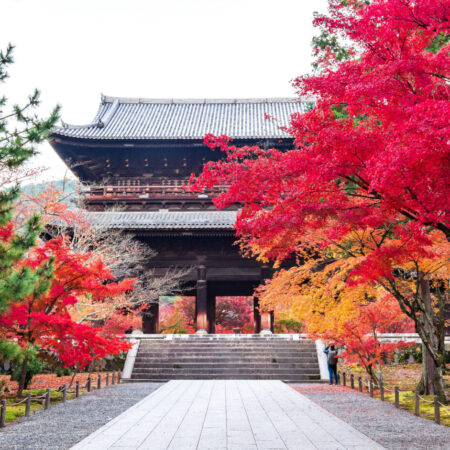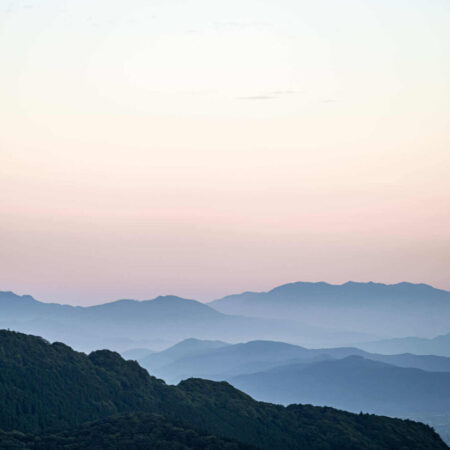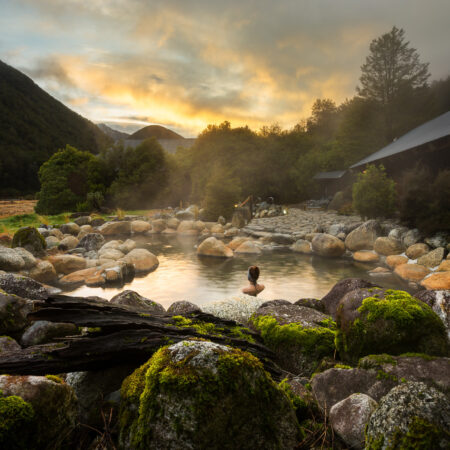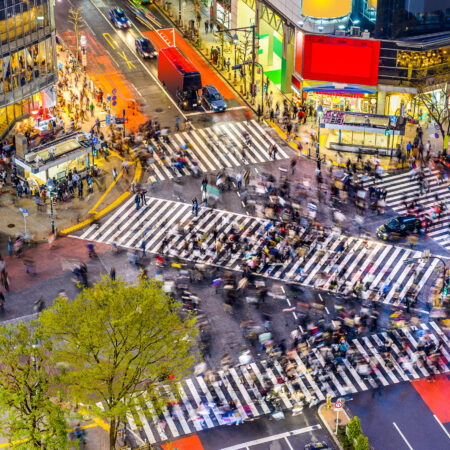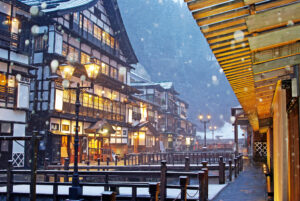
The Historical Tapestry of Onsen Culture
Japan, an island nation with a rich tapestry of history, is renowned for its numerous hot springs, known as “onsen”. These natural baths, deeply rooted in the country’s culture, have been popular since ancient times. The appreciation of onsen can be traced back to the Samurai era. In the turbulent times of the Sengoku period, warriors cherished onsen as a sanctuary for healing their battle wounds. The Edo period, however, saw the onsen culture democratize. While samurai found solace in hot springs, common folks indulged in the warmth of public baths called “sento”. These public baths, which shared similarities with onsen, became an integral part of Japanese daily life. Today, Japan boasts over 3,000 onsen resorts, each with its unique charm and therapeutic benefits.
Onsen Towns – Where Tradition Meets Comfort
Onsen towns, cultivated around these hot springs, are a delightful amalgamation of traditional architecture, local cuisine, and serene landscapes. Often, they are nestled in the heart of nature, be it mountains, by the coast, or near verdant forests. One of the most iconic experiences in these towns is staying at a ‘ryokan’ – traditional Japanese inns that offer the epitome of hospitality. Ryokans provide visitors an unparalleled experience: sleeping on tatami mats, wearing yukata (casual summer kimono), and indulging in multi-course traditional meals called ‘kaiseki’. Beyond the warm waters, the ambiance, and local culinary delights in onsen towns promise an unforgettable experience.
Healing Powers – Different Springs, Different Benefits
The magic of Japanese onsen lies in their diverse mineral compositions. Different springs possess unique mineral profiles, offering a variety of health benefits. Some popular types include:
- Sulfur Springs: Beneficial for skin ailments and said to promote smoother skin.
- Sodium Chloride Springs: Helps with muscle pain and fatigue.
- Carbonated Springs: Known to improve circulation.
- Iron Springs: Useful for anemia and chronic skin diseases.
These benefits, coupled with the serene ambiance of onsen resorts, provide both physical and mental healing.
Embracing the Onsen Experience – Manners and More
Visiting an onsen demands an understanding of its associated etiquette. Before entering the hot springs, one must thoroughly cleanse their body. For those with long hair, it’s advised to tie it up to avoid it touching the water. Another crucial point is not to soak one’s towel in the onsen; it’s customary either to place it on the edge or atop one’s head. After immersing in the rejuvenating waters, visitors can further indulge in the local delicacies offered by onsen towns, such as “onsen eggs”, slow-cooked using the heat from the hot springs.
Japanese onsen offer more than just relaxation; they offer a deep dive into Japan’s rich history, traditions, and the all-encompassing warmth of its culture.




